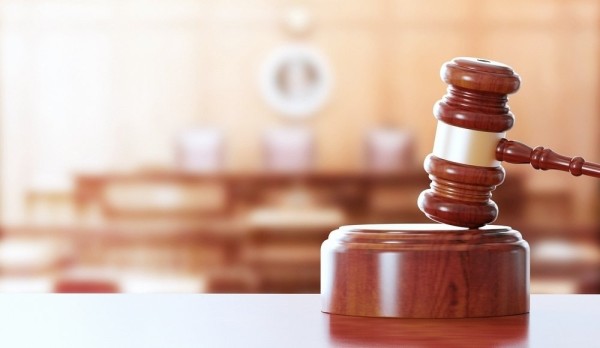
Muscat: Publishing the judicial decisions and names of those who are found guilty in different cases is dependent on court ruling, Assistant Public Prosecutor, said.
His Excellency Nasr Al-Sawai, Assistant Public Prosecutor, said that the publication of judicial decisions and names is one of the complementary penalties, and in some cases it is considered one of the secondary penalties. Publication in media can only be done by a court ruling.
The last statement by a government official regarding defamation was made by the former Minister of Health, Ahmed Al-Saeedi, during his membership in the Supreme Committee for Combating, which is charged with examining a mechanism for dealing with developments resulting from the spread of the Covid-19, as he stated on July 2, 2020 that the time has come to defame violators to the committee's decisions. Subsequently, pictures of violators of the decision to prevent gatherings, curfews, and other decisions were posted on the Public Prosecution account on Twitter, which included a statement that a court ruling had been issued violating and defaming them.
The cases of embezzlement of public funds, mismanagement, and others did not witness defamation of those who were convicted, and the society summary that the Audit State Institution (ASI) has published for two consecutive years did not include a mention of the names, job titles, or job level of those who were violated.
The Omani society demands that the names and cases of the convicts be published, especially in cases of financial and administrative corruption in the state, so that they can be used by others, but the Public Prosecution still justifies not publishing the names and cases of this kind because it depends on the judge’s ruling.